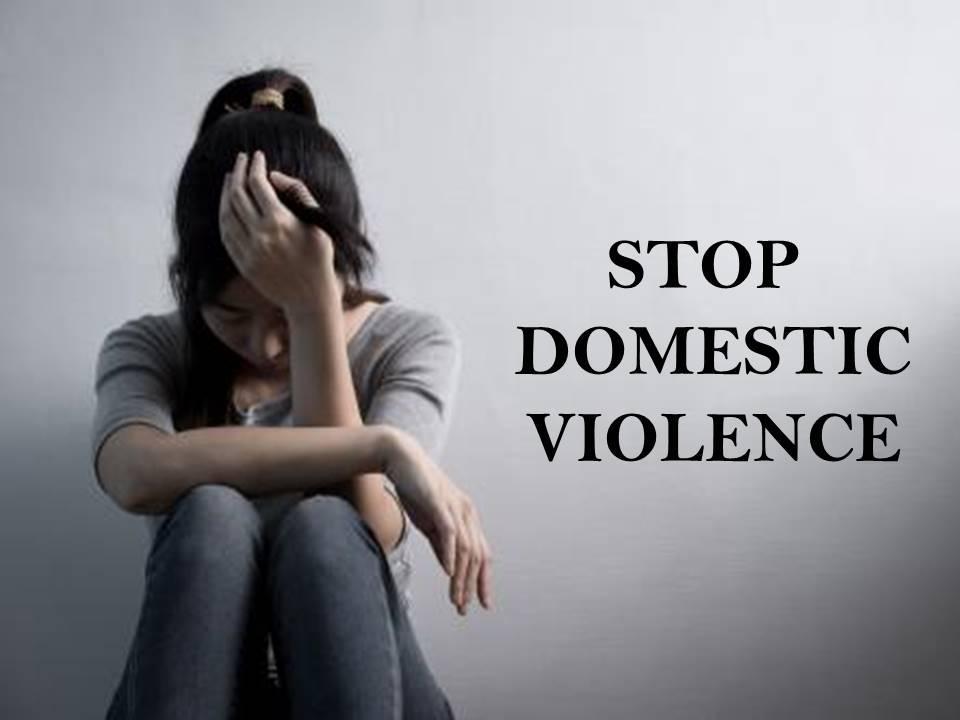Domestic Violence During COVID-19 and Orders of Protection

As humans, we were not meant to be socially isolated. Social isolation is believed to elevate our stress levels and it can lead us to have feelings of loneliness, fear of others, or even negative self-esteem. Currently, in light of the recent COVID-19 pandemic, considering the mass closures of schools and businesses, instability of employment or employment at home and the tension of the unknown can cause stress to build and lead to increased incidences of domestic violence. Hence, during this time of social distancing and shelter-in-place, domestic violence experts and shelters have expressed deep concerns as to the safety of domestic violence victims, as abusers can use social isolation to gain greater control over their victim, thus increasing the risk of a survivor’s personal safety.
Per the Illinois Domestic Violence Act (750 ILCS 60), domestic violence is defined as any of the following: physical abuse, harassment, intimidation of a dependent, interference with personal liberty or willful deprivation (but does not include reasonable direction of a minor child by a parent). In a nutshell, harassment includes behavior that is not reasonable and it causes another emotional distress. Examples of emotional distress include creating a disturbance at a place of employment or school; repeatedly telephoning a place of employment, home or residence; repeatedly following someone to a public place or places; stalking (keeping someone under surveillance by remaining present outside their home, school, place of employment, vehicle or by peering into someone’s windows); improperly concealing a minor child; repeatedly threatening to improperly remove a minor child from the physical care of a parent; repeatedly threatening to conceal a minor child or threatening physical force, confinement or restraint on one or more occasions.
In Illinois, victims (and survivors) of domestic violence can seek relief and protection from their abuser via an Order of Protection. An Order of Protection is a civil remedy wherein a person is asking that the Court not allow an abuser to have contact and/or come within a certain distance of a victim’s home, employment or other protected residence. Moreover, a victim of domestic violence may request to include other persons (such as children) as protected parties or personal property as protected property that cannot be removed by an abuser. Should a victim of domestic violence obtain an Order of Protection against their abuser, and the abuser violates the Order of Protection, the abuser will be subject to criminal consequences such as a Class A misdemeanor (charge that is punishable up to 365 days in jail and a fine of up to $2,500.00).
An Order of Protection is generally a two-step process: Emergency Order of Protection and the Plenary Order of Protection. An Emergency Order of Protection occurs when the victim of domestic violence files a Petition for Order of Protection and proceeds before a judge without the abuser present. If the judge considers that the matter arises to an emergency and that the victim will be most likely abused if the order of protection is not granted, then the judge will issue a (temporary) Emergency Order of Protection. This order is temporary as the abuser must be served and given an opportunity to plead their matter before a judge and present their evidence and witnesses as to the matter. Hence, a second court date is assigned called the Plenary Order of Protection. At this court date, all Parties must appear ready to proceed to hearing with their witnesses and evidence. Upon the conclusion of the hearing, the judge will decide if the emergency order of protection will be made permanent and extended for a period of up to two years.
If you feel that you have been a victim of domestic violence, the attorneys at Serrano Hanson can help you understand all of the available options and choose those which will help to keep you and your loved ones safe. If you or someone you care about is in need of a domestic violence attorney or would like to file for an order of protection, contact us at 630-844-8781. The lawyers at Serrano Hanson provide representation to clients throughout DeKalb, Kane, Kendall, and DuPage Counties, including South Elgin, St. Charles, Batavia, and Campton Hills.


 630-844-8781
630-844-8781



